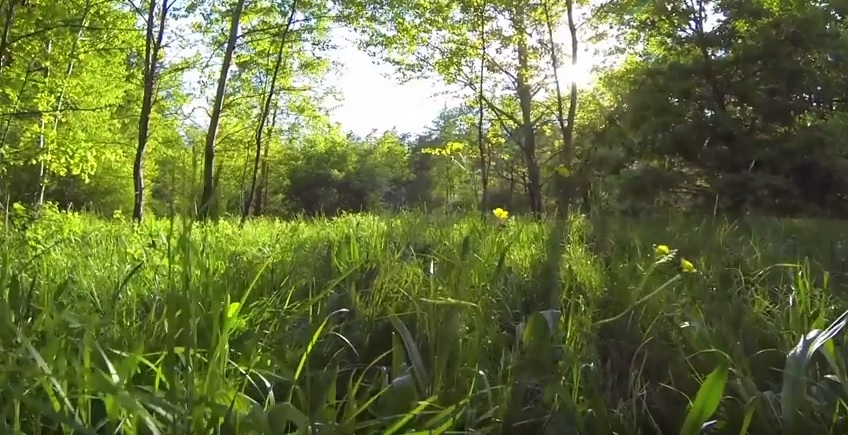It has come to this—Victoria wants to round up a posse of municipalities to sue oil companies for damages from climate change. Not only is such a case well-nigh impossible to prove, it is also full of rich ironies. Weather-related damages, termed “perils” in Canadian insurance plans, are more commonly called acts of God. How ironic that leftist environmentalists envision the power to place oil companies on the divine throne, then sue him for damages? Yet, Victoria, inspired by a U.N. mandate, wants to do just that—and get Vancouver and other cities to follow.
On January 17, a city-of-Victoria councillor issued a dire warning; “Our province is in a climate emergency and response from fossil fuel companies has been inadequate.” Is this emergency worse than when the same councillor got a poinsettia one month prior, so he ranted against city dollars spent on Christmas? At the time, the City of Victoria had suffered just 2 cm of snow all winter. February brought a remarkable dump, but in no way was that “global warming.”
The “inadequate response” has more substance. In 2017, 16 B.C. municipalities wrote 20 fossil fuel companies to request compensation for damages from climate change. Only Shell Canada wrote back, and to the City-of-Victoria councillor’s chagrin, Shell did not commit to stopping fossil fuel production or take financial responsibility for acts of God.
As for the personal acts of the ranting councillor, his city biography suggests he is somewhat responsible for the climate damages he condemns. He boasts that he has travelled to “more than 70 countries for work or pleasure.” Did he walk there, or did the exhaust of fossil-fueled airplanes, taxis, and cars follow him?
It’s not as bad as 1,500 private jets to Davos, Switzerland to discuss climate change, but I digress.
“The cost of climate change has been overwhelming for local governments in B.C.,” the Victoria city councillor ranted, “and taxpayers shouldn’t be the only ones paying for the impacts.”
If anyone had charged taxpayers for climate change, it was the City of Victoria’s Council. The population of 85,700 will spend $14.5 million to complete phase one of its bike lane project. That’s $170 per resident to reduce car lanes to somehow create less congestion. The costs were twice that of projections, partly because Victorians demanded changes so at least some space remained for parking. The Mayor responded by saving eight parking spots at the 600 block of Fort Street for $500,000.
Only a government could spend half a million dollars to keep what’s already there.
During the Mayor’s first mandate, the City of Victoria got the Association of Vancouver Island and Coastal Communities to endorse its oil letter campaign, but not the Union of British Columbia Municipalities. The Mayor admitted in her re-election platform, “part of the inspiration for the next four years comes from the United Nations 2030 Development Goals.” Having survived last October’s election with 43 percent of the vote, she is ready to try again to see which other recently elected counterparts will join the cause.
Vancouver might. a lawsuit against the oil company has the support of the mayor and councillors. Included are the Green Party members, the Coalition of Progressive Electors, and OneCity. “We will have to decide how much political capital to stake on that,” one councillor said, noting a legal loss would also be a financial one for taxpayers, and a political loss for its proponents.
This risk is zero for lawyers. Currently, West Coast Environmental Law is advising municipalities on the complex legal issues. Those consultations can’t come cheap. And a lawsuit against twenty global oil companies really can’t come cheap. If the lawsuit wins, great. And if it loses, oh well. They will be paid for trying and their high-profile efforts will attract future clients.
This attempt is comparable to, but more difficult than, the pay equity case fought by Canada Post employees for 30 years that wrapped up last fall. “Lots of lawyers have put their children through university on this case,” admitted University of Toronto Professor David Doory. For three decades, Canadians paid for lawyers and court proceedings, and now face higher mailing costs to cover the $250 million judgment. Similarly, a lawsuit against oil companies would gouge Canadians to cover legal fees. Even if it somehow succeeded, Canadians would indirectly pay the damages in higher driving and home heating bills.
Canada produces only 1.6 percent of worldwide man-made carbon emissions, and these oil companies produce 30 percent of that worldwide total. That’s a poor case. It is legally even more difficult to conclusively pin bad Canadian weather on oil companies. It enthrones them as God to blame them for acts of God, then getting money from God. When the bill comes home to taxpayers, they can’t blame lawyers for the audacious attempt. They can only blame the politicians who claimed oil companies took the place of God.



